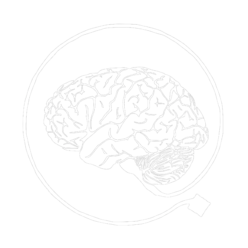Marcelo Fischborn (Federal University of Santa Maria)
[Published version of the paper]
[PDF of Marcelo Fischborn’s paper]
[Jump to Eddy Nahmias’ comment]
[Jump to Adina Roskies’ comment]
[Jump to Marcelo Fischborn’s response]
Abstract: People have disagreed on the significance of Libet-style experiments for discussions about free will. In what specifically concerns free will in a libertarian sense, some argue that Libet-style experiments pose a threat to its existence by providing support to the claim that decisions are determined by unconscious brain events. Others disagree by claiming that determinism, in a sense that conflicts with libertarian free will, cannot be established by Continue reading Libet-Style Experiments, Neuroscience, and Libertarian Free Will
